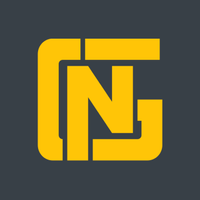Best HTML online course of 2024
Improve your website coding abilities

We list the best HTML online courses, to make it simple and easy to improve your website design and development skills, from beginner to advanced level.
HTML and CSS form the basic coding languages for web design and development. If you need to perform any kind of activity related to web manipulation, a working knowledge of these two is essential.
HTML or HyperText Markup Language tells the web browser what each part of a website is, while CSS or Cascading Style Sheets helps give the web pages their look and formatting. Although you’ll find a large number of WYSIWYG (What You See Is What You Get) tools and services out there for generating websites, learning HTML opens up a whole range of possibilities far beyond the capabilities of any WYSIWYG editor.
Furthermore, HTML is just the first step into a much larger world and is beneficial for people in many other disciplines, like marketing and app development. Business apps built with web technologies, particularly HTML, CSS, and JavaScript, are in great demand since they can run natively on any mobile device. No wonder then that the Bureau of Labor Statistics projects a double figure growth of jobs for web developers over the next five years.
Here are some of the best courses that’ll help you go from a HTML novice to creating your first web app.
Reader offer: Top courses from $14.99 when you first visit Udemy
Udemy is an online learning platform where you can access over 25,000 courses all taught by professionals. Choose from a vast course catalog with topics ranging from programming to lifestyle.
Preferred partner (What does this mean?)
We've also featured the best online courses for Python and SQL.
Recommended cybersecurity course
Why you can trust TechRadar
NexGenT - career-focused courses for cybersecurity students
One of the best online cybersecurity courses we've reviewed comes from NexGenT. There are beginner and advanced courses and has a unique payment plan: $0 up front with payment starting only once you’ve graduated and begun your IT career. The self-guided programs and platforms won’t be the best option for everyone but if you’re serious about a job in cybersecurity, this could be the best option for you.
The best HTML online courses of 2025 in full:
Best HTML online course overall
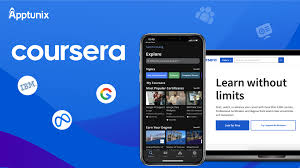
Reasons to buy
Like I mentioned earlier, you can do a lot more with HTML than design websites. After you’ve have clocked some mileage and are comfortable writing HTML and styling it with CSS you can kick things up a notch and learn the skills to create web apps with the "HTML, CSS, and Javascript for Web Developers" course.
This is a fairly comprehensive course that’s offered by Johns Hopkins University. It’s part of the Ruby on Rails (RoR) specialization, but it can be taken independently and requires no RoR knowledge. Unlike the previous beginner course, this one covers HTML5, CSS3, the Twitter Bootstrap CSS Framework and JavaScript, which the instructor describes as the programming language for the web.
In addition to imparting practical knowledge, the instructor helps you understand the reasons behind everything you’re doing. The course will take about 30 hours and is spread over 4 weeks. It includes video lectures as well as practice quizzes, and lists of recommended reading materials. One of the good things about the course that makes it stand out is the real world experience as the instructor sits down with a real client to design a website for his restaurant based on the client’s requirements.
Read our full Coursera review.
Best HTML online course for mobile
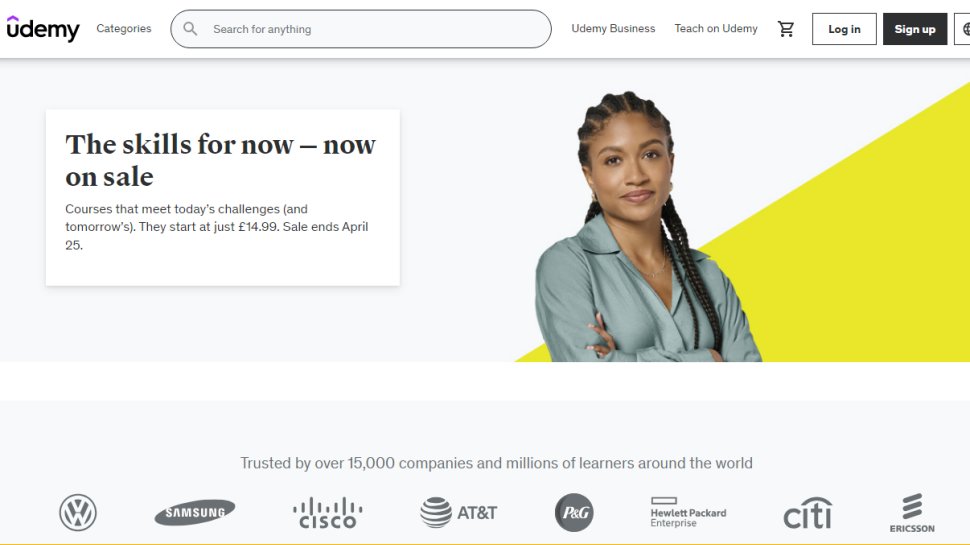
Reasons to buy
Reasons to avoid
Once you’ve got a hang of creating web apps, it’s time to learn how to optimize them for mobile devices. The "Create mobile-friendly web apps with HTML" course will help you tune web apps for on-the-go devices like smartphones and tablets.
The course isn’t for HTML5 and CSS3 greenhorns, so make sure you’re comfortable with the basics. The course is mostly about working with jQuery Mobile and you’ll learn how to use it to create web apps that have all the features of native apps.
There are six sessions in the course, each with video lectures, detailed notes, and sample code. Every lecture comes with notes that have all the code to replicate what was covered in the class
Instead of just writing code, the instructor focuses on explaining the concepts, which he does very nicely. Another good thing is that he also covers design considerations you have to take into account when building for mobile. He introduces all of the common elements that you should employ to make the best use of the limited real-estate of the device.
Read our full Udemy review.
Best HTML online course for SEO
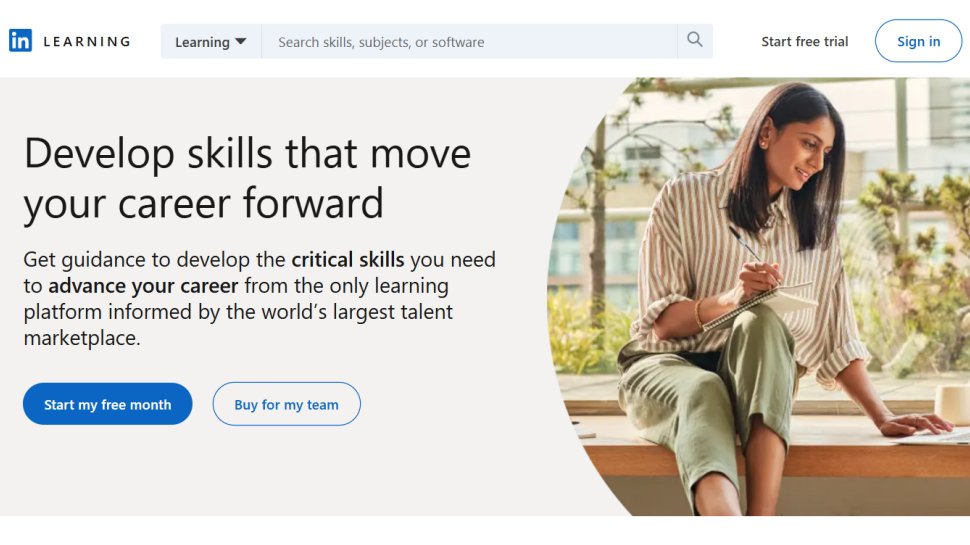
Reasons to buy
Reasons to avoid
When you get proficient at creating websites for the desktop and mobile platforms, it’s time to optimize them with structured data, which helps improve the semantics of your website. Using structured data you can add a richer level of detail to your website to better describe its content. The "HTML: Structured Semantic Data" course shows you how you can make the HTML code more readable by search engines, web crawlers, and other user-engines.
The three hour course explores some of the more popular structured data syntax and how to choose the one that’s right for you. This is a relatively new course, and covers structured semantic data well, and its coverage is a lot more comprehensive than some other courses on the subject.
The course assumes you have good working knowledge of HTML, and is rather designed for structured data newbies. It covers all the popular structured data syntax including Microformats, as well as how to work with JSON-LD and provides a big sections on providing structured data examples.
Read our full LinkedIn Learning review.
Best HTML online course for beginners
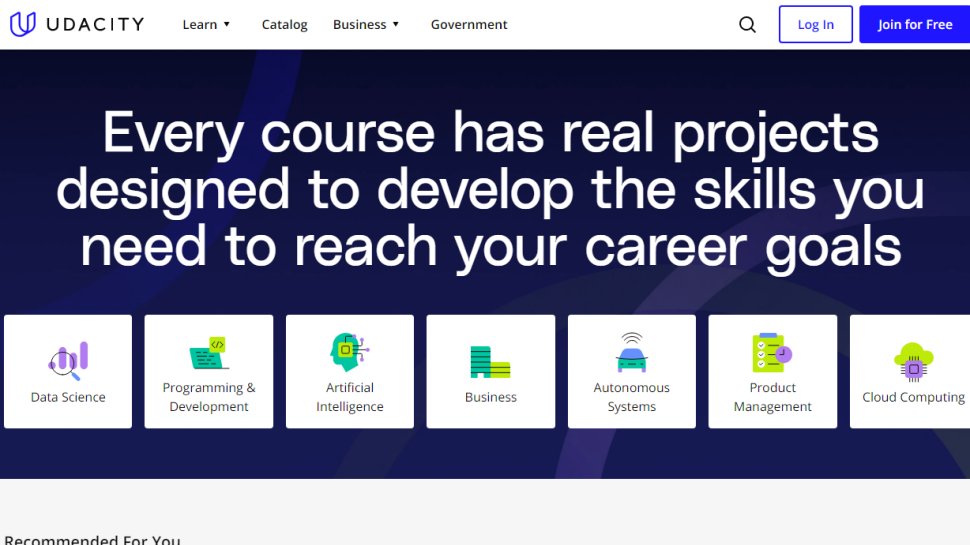
HTML is often recommended as a nice introduction to programming -- it’ll help you think and engage like a programmer. If you haven’t programmed ever, the "Intro to HTML and CSS" on Udacity is a wonderful stepping stone. In addition to teaching you the basics of HTML and CSS, the Free course will also introduce you to general programming concepts and help develop the vocabulary of a programmer.
The course is aimed at absolute beginners and is nicely paced. It’s divided into four lessons -- the first two introduce HTML tags and the other two focus on styling with CSS. The course uses a mix of videos, textual tutorials, interactive quizzes, and workspaces to not only introduce tags but to also put them into practice right from within the course itself.
Instead of introducing each and every HTML tag or CSS properties, the instructors encourage the use of reference resources like the HTML element reference on Mozilla’s Developer Network and the CSS-Tricks Almanac. They also introduce the developer tools built into the different browsers and give a primer on how you can use it to enhance your knowledge, which is a definite plus.
Read out full Udacity review.
Best HTML online course for busy people
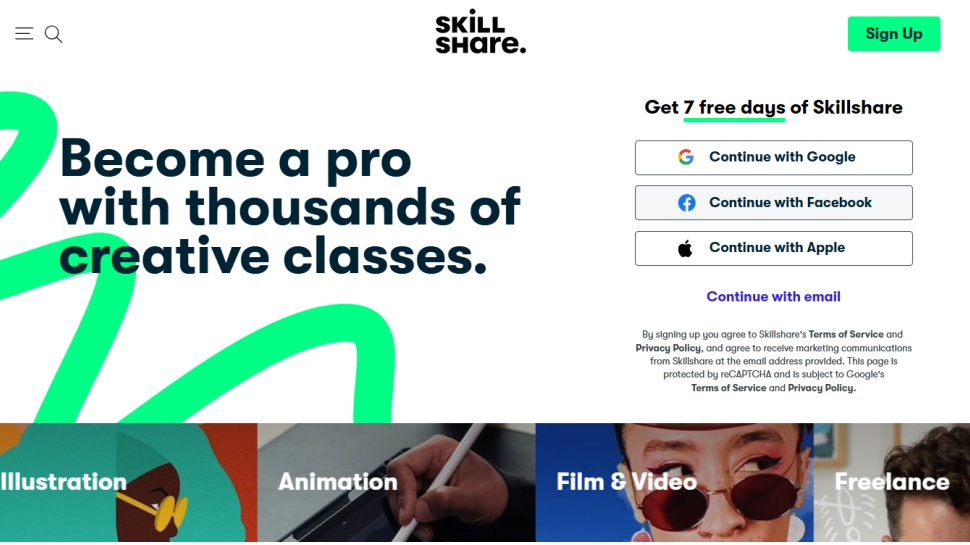
Reasons to buy
Reasons to avoid
HTML is pretty quick to pick up, which would explain why there are so many short courses on the language. But in my opinion the "Hand-Code Your First Website" course is ideal for someone who wants a crash-course in HTML. In under two hours, the instructor not only equips with the skills to write your own website from scratch, he’ll do so using tools that are standard across the development community.
In the course you’ll use Sublime text editor and Google Chrome, which the instructor claims can help you spot HTML errors and even do a bit of design in the browser itself, to create a simple one-page website for your favorite cartoon character. He’ll also spend a good amount of time to familiarize you with Git, GitHub, and GitHub’s Desktop app to host your code and publish your website.
Sure the course will introduce a handful of essential HTML elements and teach you how to write CSS rulesets. What helps stand it apart from other similar offerings however is that it teaches you how to approach a programming project. The instructor will stress on and share tips on how to plan a website and also give a short primer on debugging your HTML code along with some of the more common types of bugs.
Read our full SkillShare review.
Read more about the best online learning platforms here.
Best HTML online course FAQs
Which type of best HTML online courses is best for you?
When deciding which of the best HTML online courses to use, first consider what level of competency you are currently at. If you've not learned HTML or CSS before then it would definitely be recommended to start with the beginner courses, as these will break you into the basics you'll need before you cover more advanced tools. However, if you already have a decent amount of experience with HTML and CSS then feel free to try your hand with the more advanced courses.
How we tested the best HTML online course
To test for the best HTML online courses we searched for a range of popular online learning platforms and took recommendations from people we know who are learning HTML or who are already competent with it. Then we followed the tutorials on each platform to get an idea of how easy they were to follow, how easy it was to learn essential tools and processes, and additionally what sort of user level the courses were aimed at, such as beginner, medium, or advanced-level users.
Read how we test, rate, and review products on TechRadar.
Get in touch
- Want to find out about commercial or marketing opportunities? Click here
- Out of date info, errors, complaints or broken links? Give us a nudge
- Got a suggestion for a product or service provider? Message us directly
- You've reached the end of the page. Jump back up to the top ^
Are you a pro? Subscribe to our newsletter
Sign up to the TechRadar Pro newsletter to get all the top news, opinion, features and guidance your business needs to succeed!
With almost two decades of writing and reporting on Linux, Mayank Sharma would like everyone to think he’s TechRadar Pro’s expert on the topic. Of course, he’s just as interested in other computing topics, particularly cybersecurity, cloud, containers, and coding.

